Have you ever noticed your dog waiting by the door at the exact time you usually take them for a walk? It’s not a coincidence. Dogs thrive on routine, and establishing a consistent schedule can transform your pet’s life in ways you might never have imagined. From curbing anxiety to improving physical health, the impact of routine is both profound and heartwarming. Let’s explore how sticking to routine can be the best gift you give your furry companion.
The Comfort of Predictability
Dogs, just like humans, find immense comfort in knowing what comes next. When your dog can predict when they’ll be fed, walked, or cuddled, their world feels safer and less chaotic. This sense of security helps reduce stress and prevents problematic behaviors that often stem from uncertainty. Imagine living in a world where everything changes without warning—pretty unsettling, right? That’s how dogs feel without routine.
Predictability helps your dog relax and enjoy life more fully. If your dog knows that after breakfast comes playtime, and later there’s a walk, they can anticipate and look forward to these moments. This anticipation not only makes them happier but also creates a bond of trust between you and your pet. When you stick to a routine, you’re telling your dog, “You can count on me, no matter what.”
Reducing Anxiety and Stress
One of the most surprising benefits of a steady routine is its power to ease anxiety in dogs. Many pups become anxious when their environment or schedule is unpredictable. Barking, whining, destructive chewing, and even aggression can all be signs that your dog is feeling unsettled.
A fixed routine helps your dog know when to expect meals, walks, and attention. This consistency soothes their nerves and makes the world feel less overwhelming. Dogs who suffer from separation anxiety often fare much better when they know you’ll return at a certain time each day. Even small routines, like a nightly belly rub or a morning greeting, can work wonders in calming your dog’s mind.
Promoting Better Physical Health
Routine isn’t just about mental stability—it’s also a key factor in your dog’s physical well-being. Scheduled feeding times help regulate digestion and prevent obesity, as your dog learns when to expect food rather than begging or overeating throughout the day. Regular exercise, such as daily walks or play sessions, keeps their body agile and their weight in check.
Physical routines also allow you to monitor your dog’s health closely. When you walk your dog at the same time every day, any changes in their energy level or bathroom habits become easier to spot. Early detection of issues like limping, lethargy, or digestive problems can lead to faster treatment and a healthier, happier dog.
Improved Training Outcomes
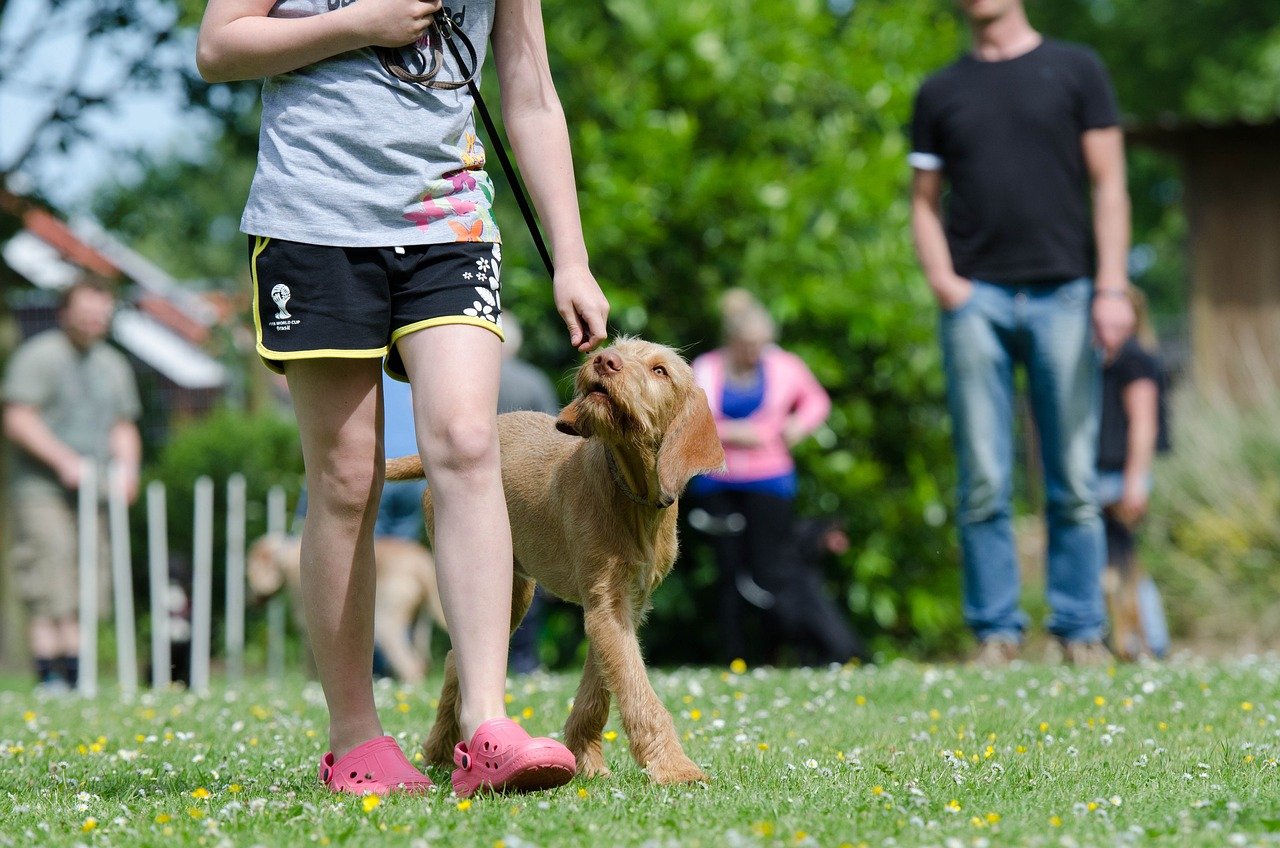
Training becomes much more effective when it’s built into a consistent routine. Dogs learn best through repetition and predictability. If you practice commands or tricks at the same times each day, your dog will pick up new skills faster and retain them longer. This is because the brain—both canine and human—thrives on routine and repetition.
Dogs also respond better to house rules when they’re enforced regularly. For example, if you always make your dog sit before getting their leash on, they’ll quickly learn that sitting is the key to going outside. Consistency removes confusion and creates an environment where your dog knows what’s expected, which leads to a more obedient and confident pet.
Strengthening the Human-Dog Bond
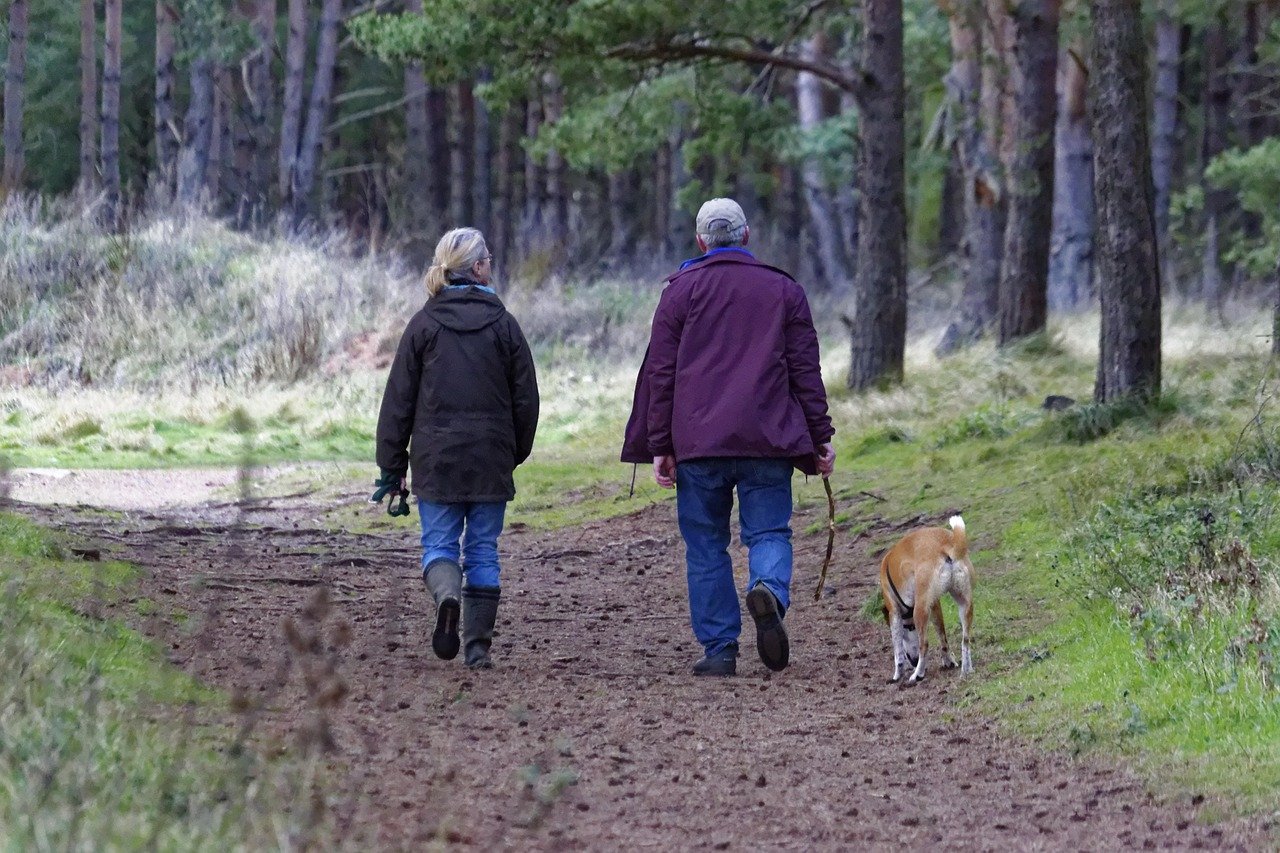
Routine isn’t just beneficial for your dog—it deepens the connection between you and your furry friend. Shared activities like daily walks, playtime, or even grooming sessions become special rituals that you both look forward to. These moments form the foundation of a trusting, loving relationship.
When your dog knows you’ll be there for them at certain times every day, it builds loyalty and affection. They learn to rely on your presence for comfort and fun, turning you into their favorite person in the world. This bond is what makes a dog’s love so unique—it’s steadfast, joyful, and rooted in the simple magic of daily life together.
Making Veterinary Care Less Stressful
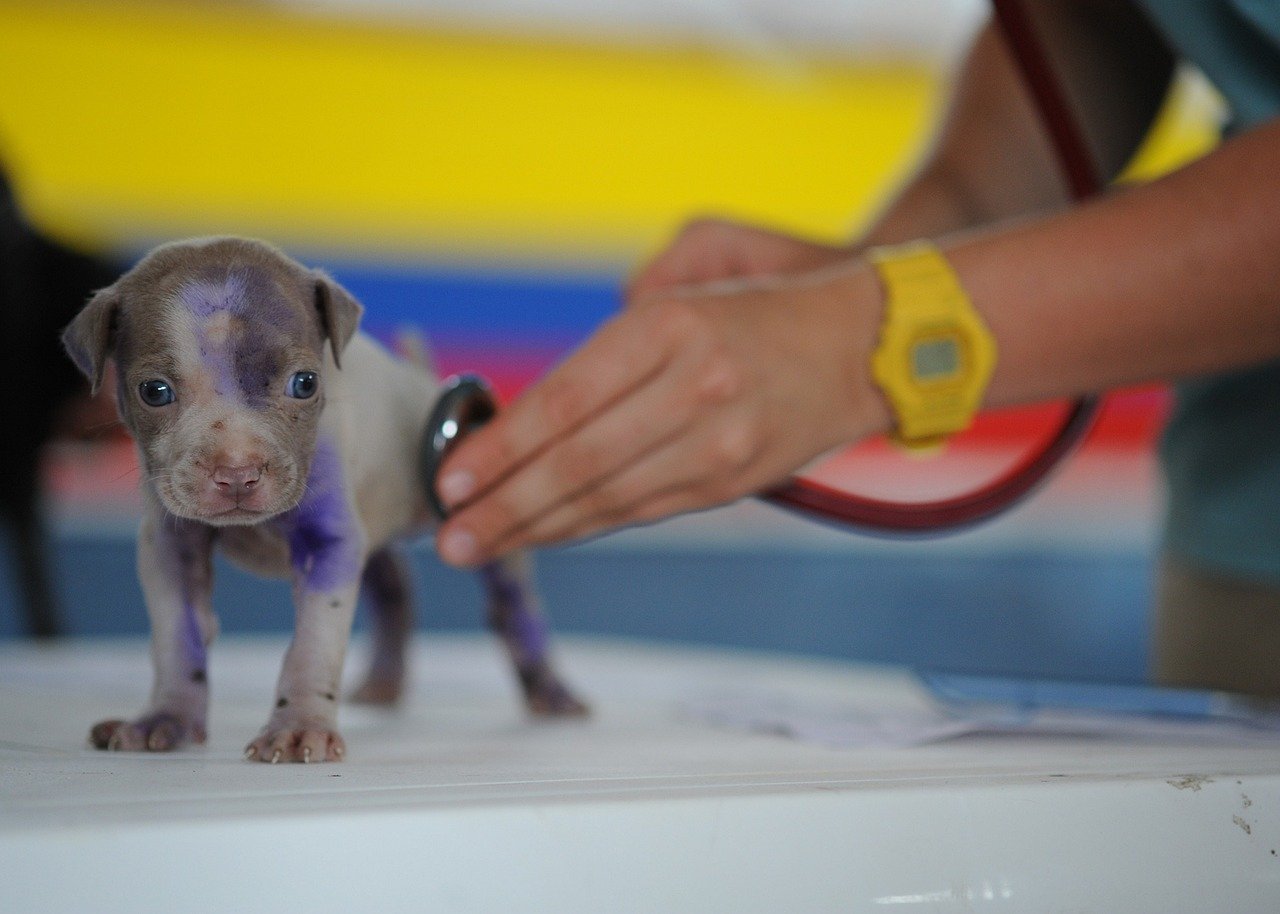
Many dogs dread trips to the vet, but routine can help here, too. Getting your dog used to regular car rides, handling their paws, or even practicing “vet visits” at home can make real appointments far less frightening. When you build these activities into your routine, your dog learns that new experiences aren’t always scary.
Scheduled grooming, ear cleaning, and at-home health checks become easier when your dog expects and accepts them as part of their normal life. This makes it simpler to spot problems early and keeps your dog comfortable with the hands-on attention that good healthcare requires. With routine, even the most nervous pups can find comfort in the familiar.
Helping with Socialization
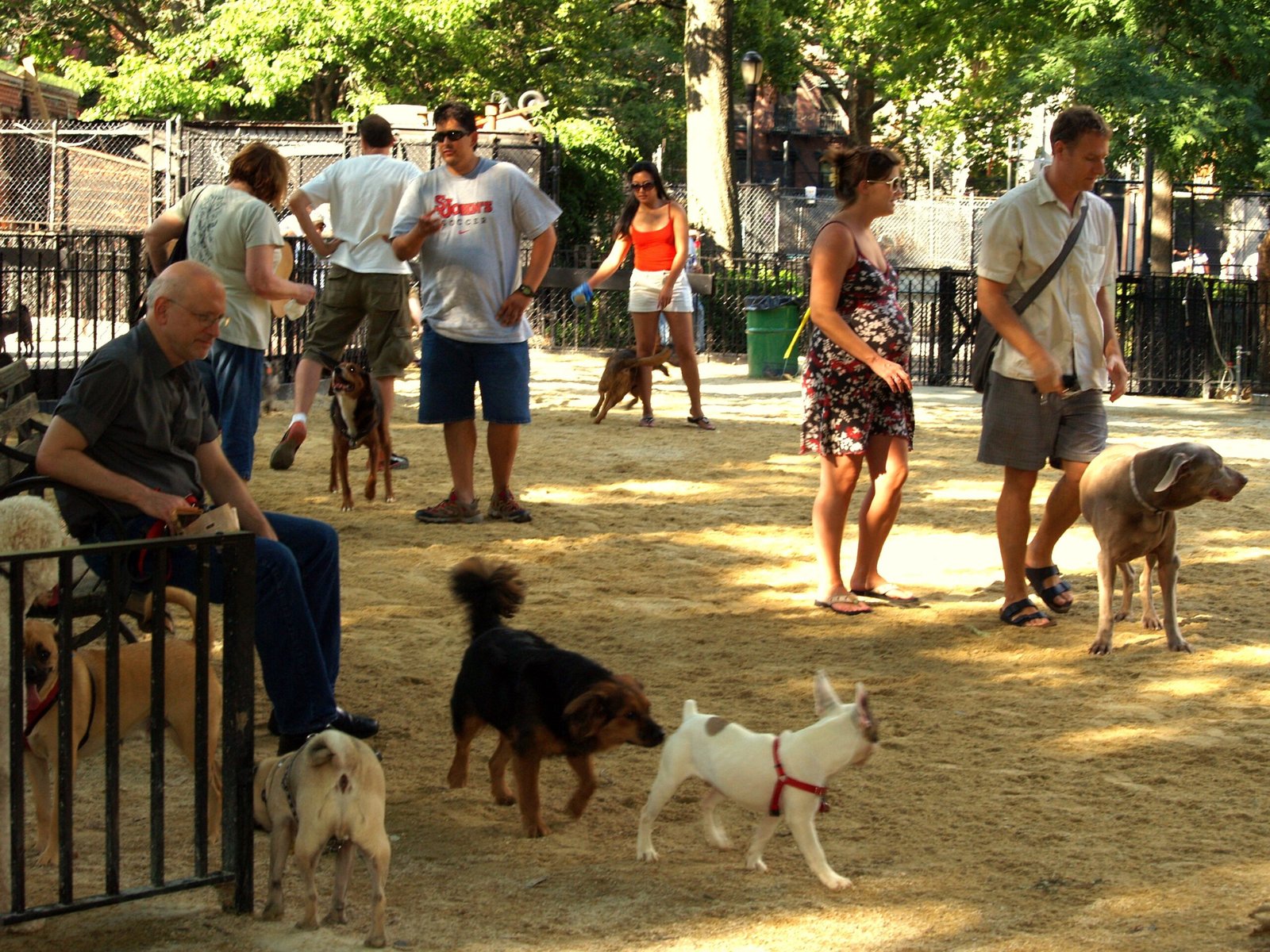
Socialization is crucial for a well-adjusted dog, and routine can make it a positive experience. Taking walks at the same park or attending weekly playdates helps your dog get used to seeing other people, dogs, and new environments. Over time, these outings become less intimidating and more exciting for your pup.
By exposing your dog to new sights and sounds in a predictable way, you build their confidence and reduce fear-based reactions. Dogs who are socialized through routine interactions are less likely to develop aggression or nervousness around strangers. This creates a safer, happier pet and allows you both to enjoy more adventures together.
Supporting Aging and Special Needs Dogs
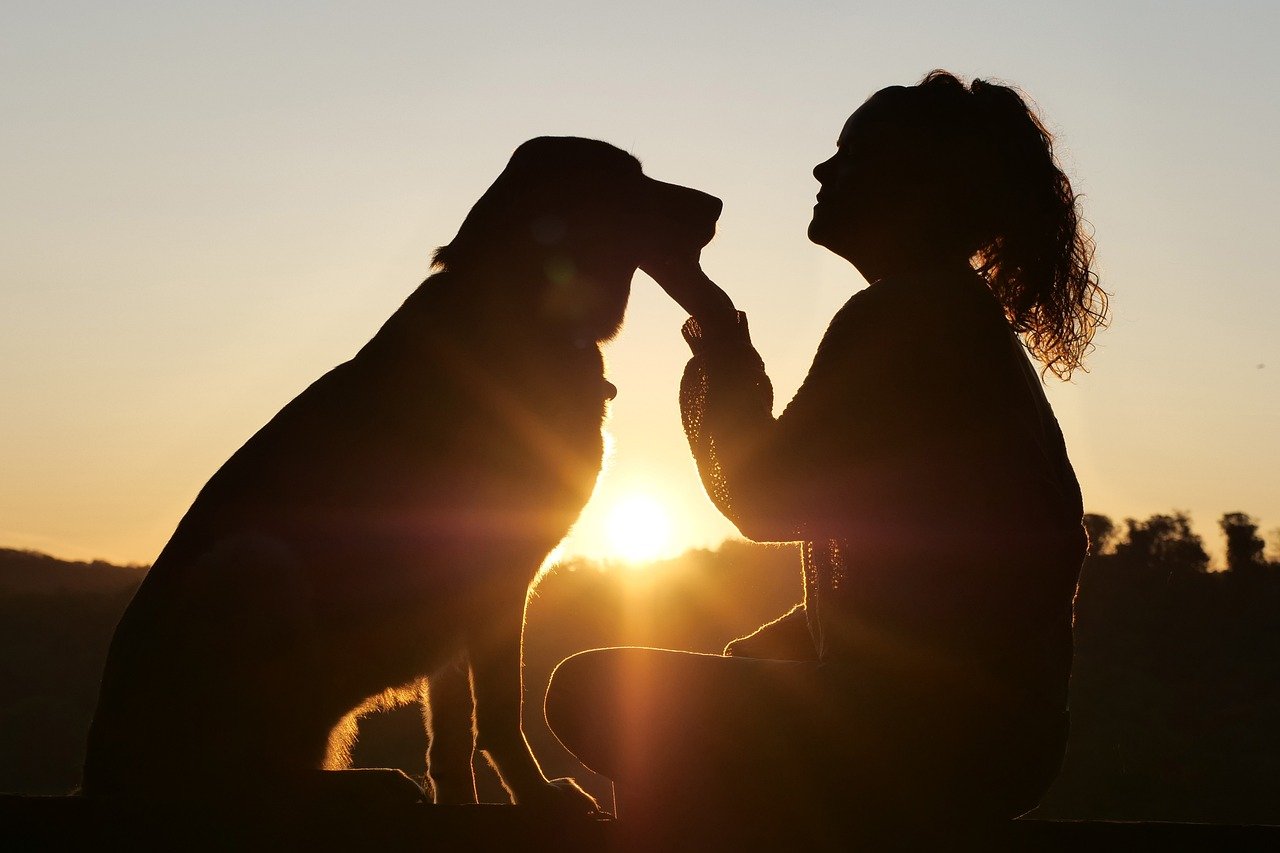
Older dogs and those with special needs benefit tremendously from a set routine. As dogs age, they may become confused or anxious more easily. Familiar cues—like feeding times, bathroom breaks, or favorite walks—help orient them and reduce stress. For dogs with medical conditions, routine ensures they get their medication and special care right on time.
Maintaining a structured day helps aging dogs hold onto their independence and dignity. It also allows you to notice any changes in their behavior or health quickly, giving you the chance to address problems before they escalate. For special needs dogs, routine is a lifeline that brings order and peace to their world.
What parts of your daily routine do you think your dog loves the most?